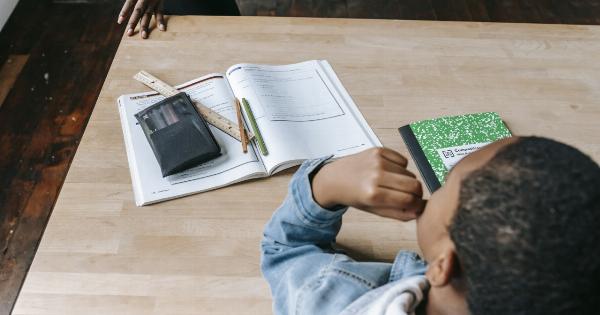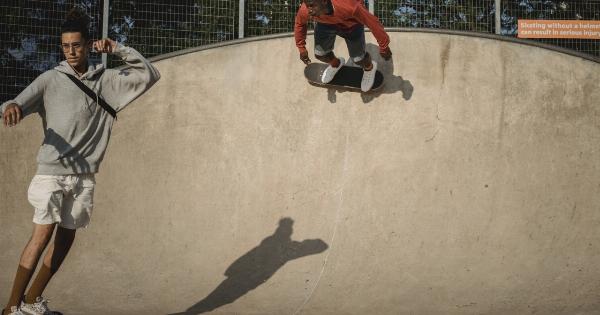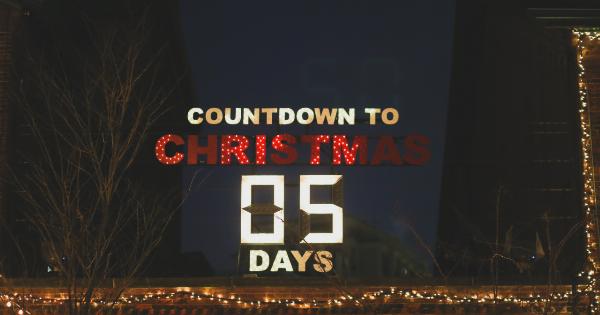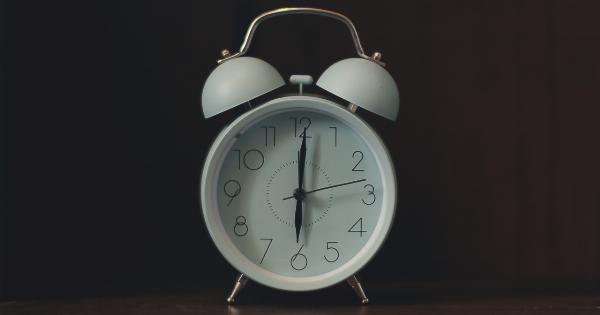Time is a concept that permeates our daily lives, guiding our schedules and dictating our routines. We often find ourselves wishing for more time or feeling like time is passing too quickly.
However, what if I told you that the perception of time can be influenced by unexpected factors? In this article, we will explore four surprising factors that can impact our perception of time during the Christmas countdown.
The Effect of Anticipation
Christmas is a season filled with anticipation. As the date approaches, our excitement grows, and this can influence our perception of time.
Research has shown that the more we look forward to an event, the longer it seems to take for that event to arrive. The anticipation of Christmas can make the days feel slower, as our eagerness for the festivities builds.
The Impact of Routine and Novelty
Our perception of time is also influenced by the balance between routine and novelty in our lives. During the Christmas season, our routines often change as we engage in holiday traditions and festivities.
These new experiences create a sense of novelty, which can make time seem to stretch. On the other hand, when we are caught in monotonous routines, time seems to fly by as there are fewer memorable events or experiences to mark its passing.
By embracing new activities and breaking away from our daily routines, we can make the Christmas countdown feel longer and more enjoyable.
The Role of Attention and Focus
Have you ever immersed yourself in an engrossing activity, only to look at the clock and realize several hours have passed? When we are fully engaged and focused on a task or experience, our perception of time can become distorted.
This phenomenon, known as “time distortion,” can make time appear to slow down or speed up. During the Christmas countdown, when we are fully immersed in decorating, gift wrapping, or spending quality time with loved ones, our attention is captivated, causing time to seemingly slow down as we savor these precious moments.
The Influence of Emotions
Our emotional state has a significant impact on our perception of time. When we are engaged in activities that bring us joy and happiness, time tends to pass quickly.
Conversely, when we experience negative emotions such as sadness or boredom, time seems to drag on. This emotional time dilation can affect our experience of the Christmas countdown. By focusing on positive emotions and engaging in activities that bring us joy, we can make the days leading up to Christmas feel longer and more fulfilling.
The Interplay of all Four Factors
While each of these factors can individually affect our perception of time, their interplay during the Christmas countdown can be particularly powerful.
As we anticipate the joyous festivities, engage in new activities and break away from routines, immerse ourselves in meaningful experiences, and cultivate positive emotions, our perception of time becomes warped. The combination of these factors creates a perfect storm that can make the Christmas countdown feel magical and extended.
Enjoying the Magic of Time Perception
Understanding the surprising factors that influence our perception of time can enable us to enjoy the Christmas countdown to its fullest.
By harnessing the power of anticipation, embracing novelty, focusing our attention, and cultivating positive emotions, we can make each day leading up to Christmas feel rich and meaningful. Instead of wishing for time to move faster, let us savor the magic of the holiday season, cherishing every moment as the Christmas countdown unfolds.






























